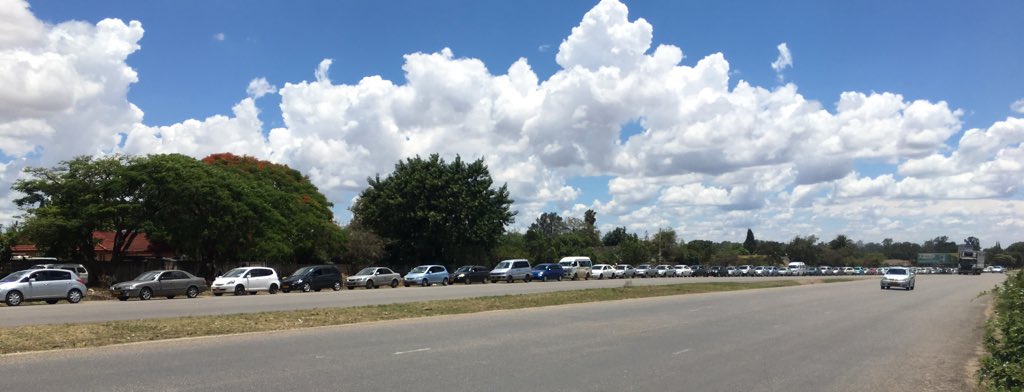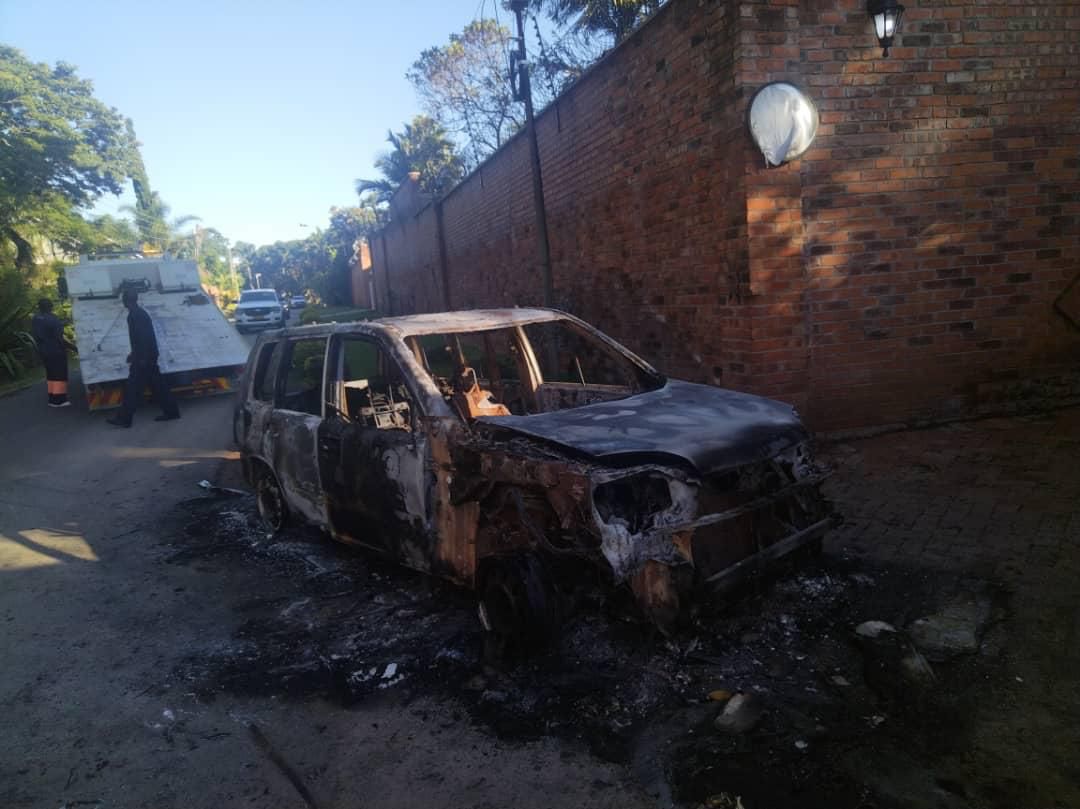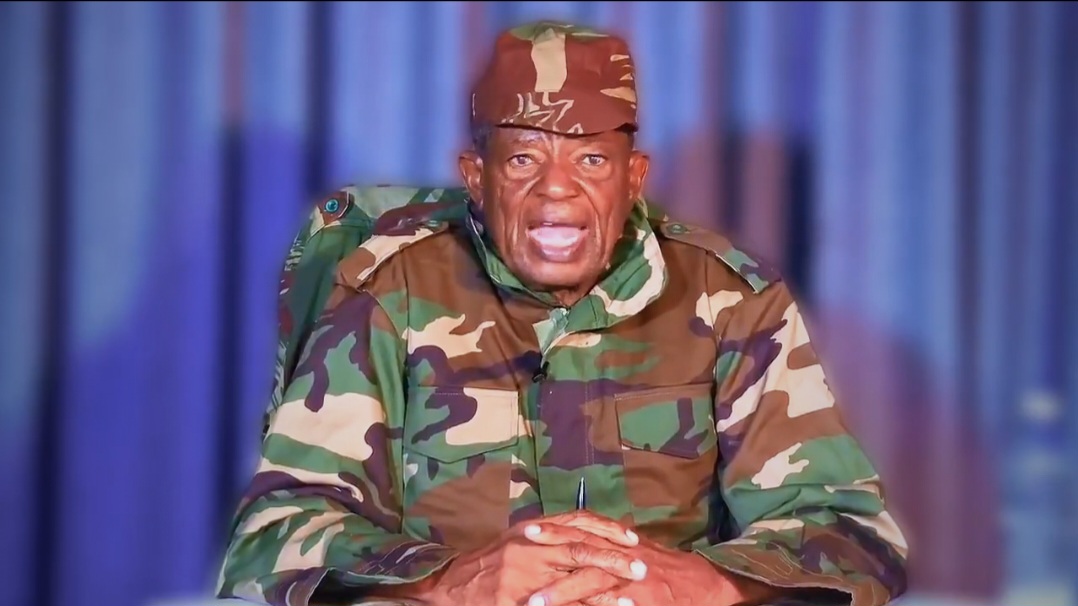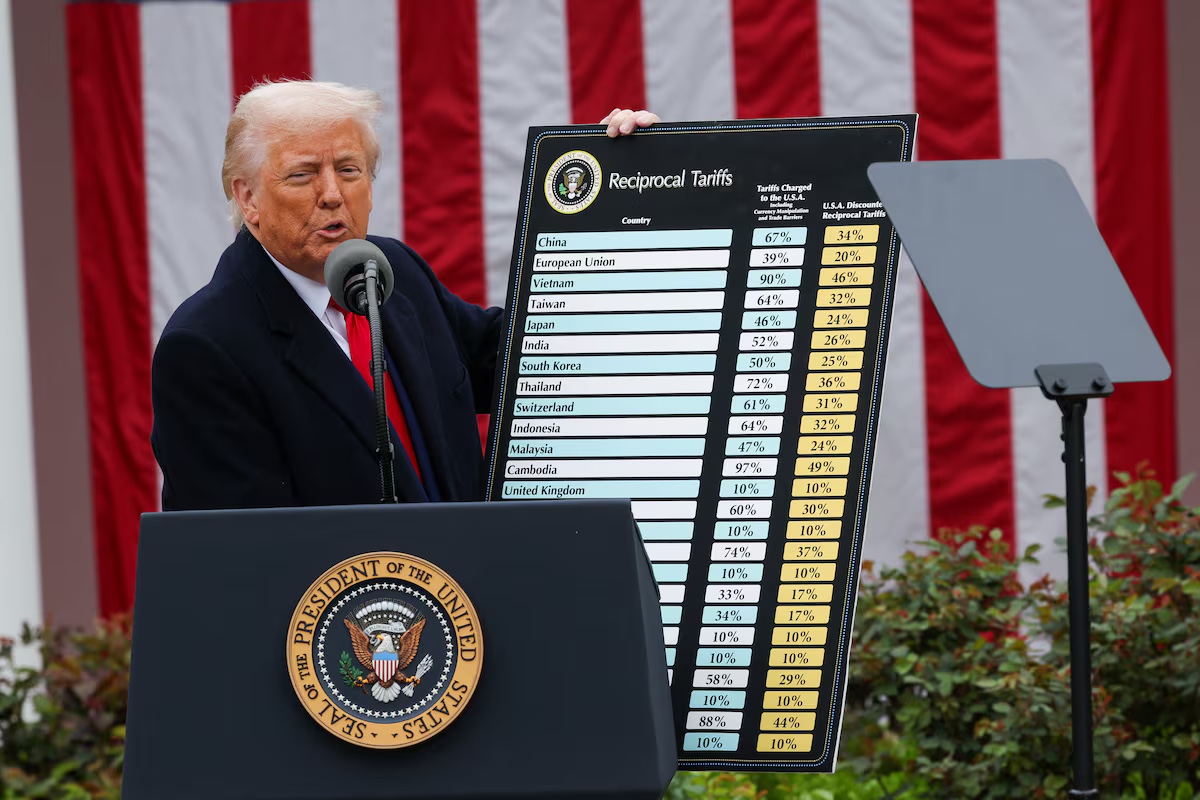HARARE – Motorists have been queuing for hours as fuel pumps run dry across Zimbabwe, with many filling stations empty on Thursday as the country suffers its second fuel crisis in just over a month amid a severe dollar shortage.
Since the July 30 election which many had hoped would lay the foundations for an economic recovery, Zimbabweans have seen inflation race into double digits due to shortages of basic goods, all blamed on an underlying lack of dollars to pay for those goods.
Zimbabwe dumped its currency in 2009 after it was rendered worthless by hyperinflation and it instead adopted the U.S. dollar as the main currency of exchange.
Finance Minister Mthuli Ncube said the latest fuel shortages were caused by the government’s decision last week to allow gold and platinum mining companies to retain more of their dollar earnings, which meant less hard cash for fuel imports.
“Unfortunately all those measures which are designed to stimulate one sector means that you have to take away forex allocation from other sectors, so that’s what happens. It’s a balancing game,” Ncube told reporters.
Zimbabwe now spends $120 million on fuel imports a month, up from $80 million earlier this year as demand has increased, government officials say.
Ncube, however, said he was sure supplies would improve in the next few days because the government had arranged credit lines to fund fuel purchases.
But when central bank governor John Mangudya gave similar assurances in October, it took another two weeks for the fuel situation to normalise.
Ncube also said dollar shortages in Zimbabwe were traditionally acute in the last quarter of the year after tobacco auctions close. Tobacco is the second-largest export earner after gold.
“It’s normal to have these kinds of hitches from time to time, but we are on top of it. We are resolving that,” said Ncube.
Some service stations which had fuel were only accepting VISA and Mastercard card payments, a disguised attempt to circumvent government directives that fuel must be sold in bond notes and RTGS whose value has sharply depreciated even as the government insists they are 1:1 with the U.S. dollar.
In a brief statement late Thursday, the Ministry of Information said: “The Ministry of Energy and Power Development wishes to assure the nation that plans are in motion to address the current fuel shortages. Regarding fuel retailers insisting on particular restrictive payment methods, the regulator is investigating and will take appropriate action.” – Reuters
















